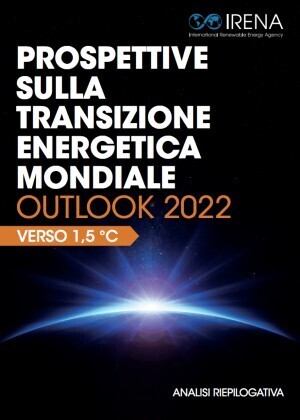COP 27, IRENA Report: More than 85 million jobs related to the energy transition in 2030
Solar and wind will be the renewable energies protagonists of the energy transition. But there is still much to do

The world scenery at the opening of COP27 is very worrying. Action time is tight and it is necessary to maximise the production of energy from renewable sources in order to reach the 1.5% target. IRENA presented, at COP27, the World Energy Outlook 2022.
This year, as Francesco La Camera states in the initial note, the report examines the measures needed by 2030 to provide short-term climate and energy solutions. The goal remains the decarbonisation of all energy uses, with electrification and energy efficiency as the main engines to create a renewable energy transition to avoid the worst effects of climate change.
Renewable energy, priorities for 2030
Any progress will depend on political will and targeted investment. The first goal to be achieved is the replacement of coal in industry, in favour of renewable energy. Not only that, but the phasing-out of fossil fuel activities should be accompanied by measures to delete market distortions and stimulate solutions for the energy transition.
To reach the scenery of 1.5, in fact, the electricity sector will have to be completely decarbonised by the middle of the century. In this sense, renewable energy will be the absolute protagonists. In the foreground we will find solar and wind energy.
As also stated by the 2021 edition of the World Energy Outlook, in 2050 more than 90% of energy sources will be renewable. This will represent an increase in jobs linked precisely to the energy transition: by 2030 85 million jobs are expected, while by 2050 there will be 122 million.
What measures should be taken?
Accelerating the implementation of green hydrogen and sustainable biomass are key solutions for decarbonising. But what are the right policies to implement to achieve a real energy transition?
Implementation policies should support the creation of a market, thus facilitating the reduction of technology costs. Fiscal policies should therefore be implemented to improve the competitiveness of decarbonisation-related solutions.
Moreover, the energy transition requires, as stated by IRENA, investments of USD 5700 billion per year until 2030, which is why the climate and environmental situation must be at the forefront of national policies.
Strengthening international cooperation across all energy sectors can further strengthen the priority of these issues and achieve a fair transition, one that does not leave countries behind, but that strengthens the international flow of funding, capabilities and technologies.
To learn more download the full report of IRENA!



